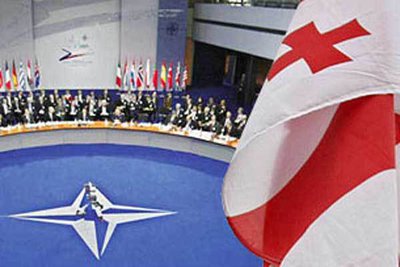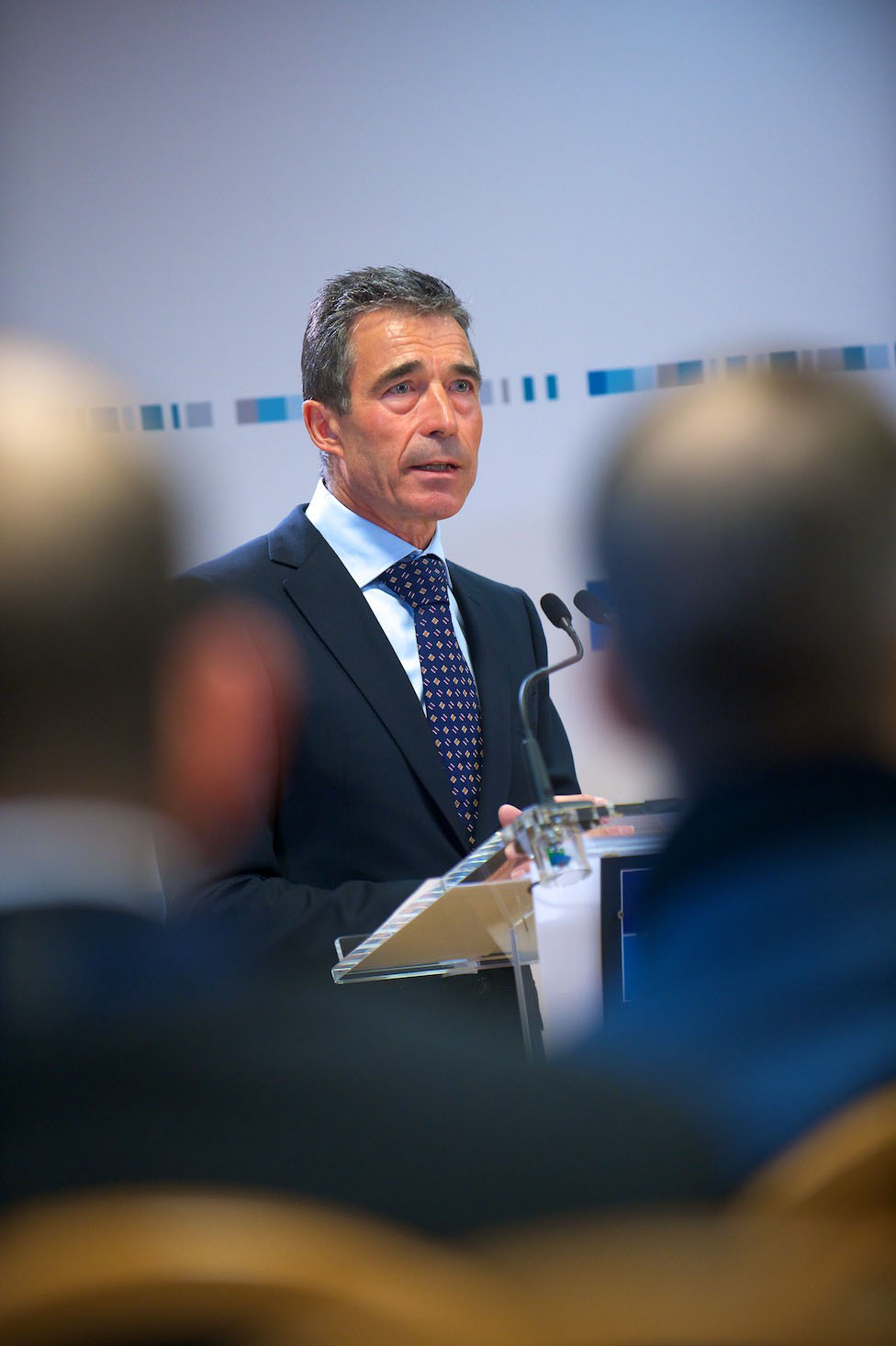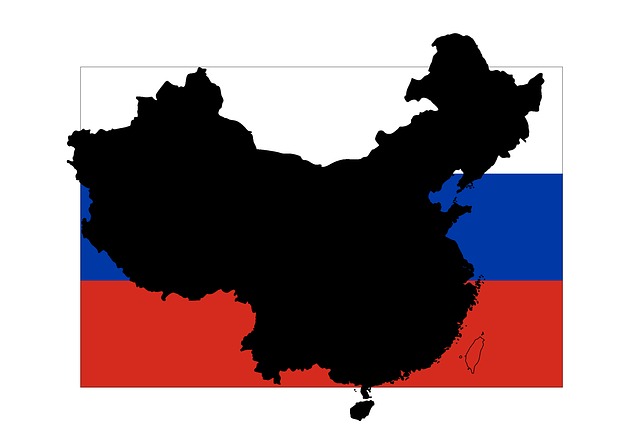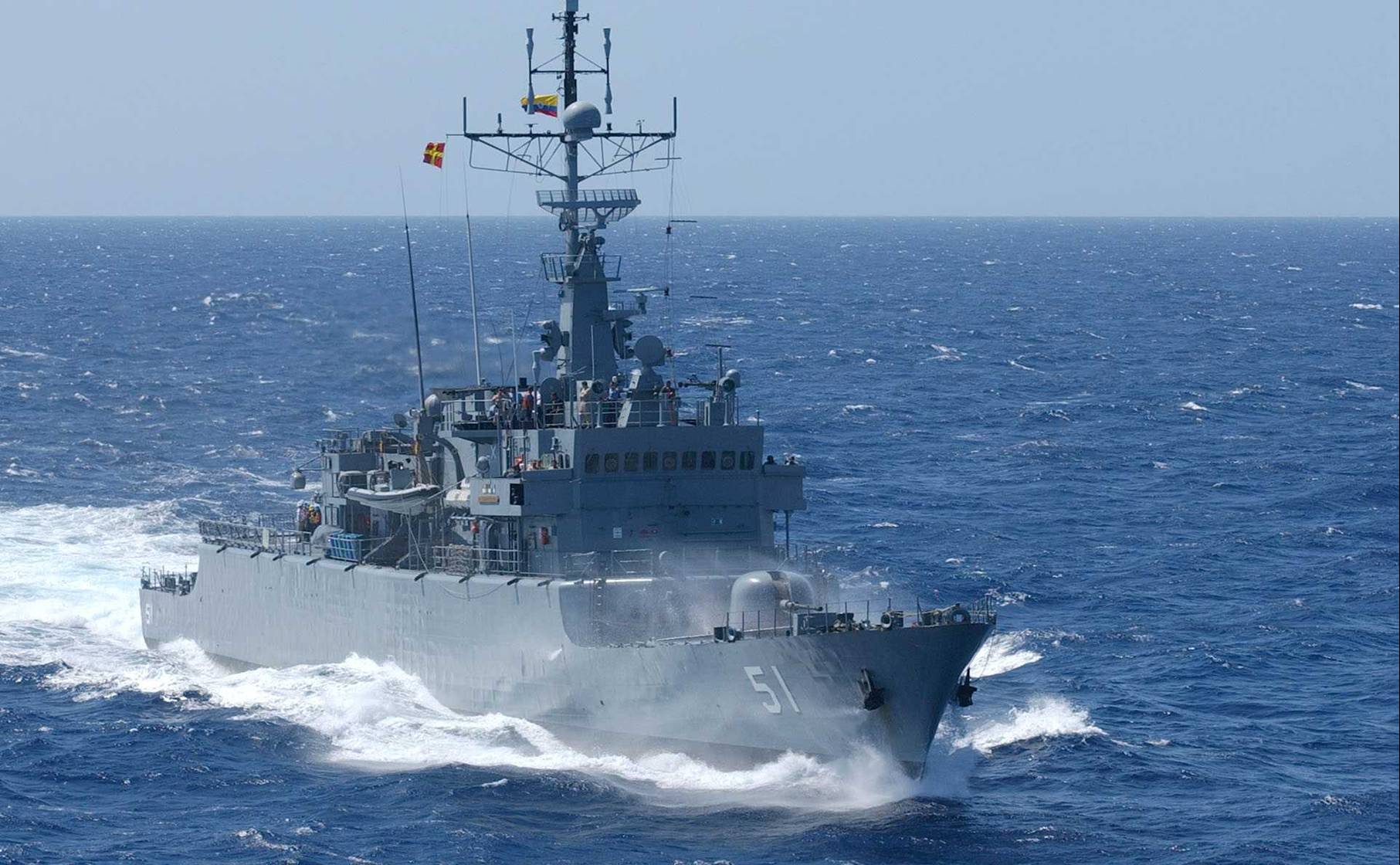In a statement made Friday June 14th 2013, NATO formally accepted an invitation stating “the invitation of the Georgian authorities, the North NATO Council chaired by NATO Secretary General Anders Fogh Rasmussen will visit Georgia on June 26-27.” This visit is good news for Georgia, since it has aspired to join NATO for quite some time.
The NATO Military Committee was due to visit Georgia in November 2012, but postponed its planned visit following the arrest of chief members of staff of the Georgian armed forces, who were connected to an alleged case of abusing soldiers two years ago. Georgia’s Ambassador to NATO, Grigol Mgaloblishvili commented, “It is natural that when an event of such scale is being postponed it is related to the situation existing in the country.” This situation coincided with accusations of selective justice against a number of officials under the Presidency of Mkheil Saakashvili. The former defence minister Bacho Akhalaia and two senior army commanders were arrested on charges of abusing political office and corruption. Saakashvili was also scrutinized for with the war with Russia over the disputed territories of Abkhazia and South Ossetia in 2008. In spite of these events, Rasmussen believes a stable and democratic Georgia would be welcomed as an eventual NATO member.
[captionpix align=”left” theme=”elegant” width=”300″ imgsrc=”http://natoassociation.ca/wp-content/uploads/2013/06/Ivanishvili-Rasmussen.jpg ” captiontext= “Georgian Prime Minister Bidzina Ivanishvili and NATO Secretary-General Anders Fogh-Rasmussen.”]
Tbilisi has been trying to persuade the West that it respects democracy. Georgia will hold its sixth presidential elections in October this year, and its success will also help demonstrate Georgia’s readiness to be a part of NATO. There was a concern that the parliamentary elections held in October 2012, which resulted in the victory of the opposition leader Bidzina Ivanishvili as prime minister, would be contentious and be met with some conflict, yet the result was quite the opposite. In the meantime, Georgia has made a number of efforts to show its willingness to be a part of this organization and has encouraged NATO authorities to visit the country.
Among non-NATO member states, Georgia is the largest contributor to the international military mission in Afghanistan. With a contingent of 1,570 soldiers, and three bases located in the north of Helmand province where the Taliban are fighting hardest to regain ground, it should be stated that Georgia has contributed tremendously to the NATO-led mission. Georgia’s support of the mission in Afghanistan has not come without a measure of sacrifice though. Earlier this month seven Georgian Soldiers were killed in a Taliban suicide bomber attack on an isolated base staffed by Georgian troops in Helmand Province. In spite of these events and calls from the Georgian people to have their troops brought home, the government has not wavered on its involvement in Afghanistan, and this can be understood as part of the country’s strong desire to join NATO.
Although Rasmussen’s visit to the South Caucasus state in late June should also be understood as a desire to maintain Georgia’s involvement in Afghanistan, it comes at a time when NATO is trying to increase its public awareness in Georgia. During the week of June 3rd, the annual NATO week in Georgia was launched in the capital Tbilisi. A part of these events included raising awareness of NATO’s integration policy and the contributions of Georgia in the NATO-led International Security Assistance Force in Afghanistan. A photo exhibition of the daily life of the servicemen in the mission was presented. Along with this, viewers had the opportunity to meet Georgian officers who have served in Afghanistan and learn about their experiences. On the other end, discussion was also focused on Georgia’s own reform efforts required for integration in NATO, namely its democratic, electoral, media and judicial reforms.
A nationally representative sample poll taken in March 2013 shows that 73 percent of Georgians approve of the government’s stated goal of NATO membership. The incentive is there, but efforts are still required to inform and educate Georgians on NATO and its rights and obligations. While NATO Week is a significant part of promoting integration, and military involvement in Afghanistan has demonstrated Georgia’s desire to work towards membership in NATO, the upcoming visit by Secretary General Anders Fogh Rasmussen in Georgia will play an even greater role in promoting NATO’s interests in the country and solidify its candidacy as a member state of the international organization. Should the visit be successful, the Georgian Prime Minister Bidzina Ivanishvili might just be right in his belief that 2014 will be the year that his state will finally receive its long-coveted Membership Action Plan (MAP) in joining NATO.




